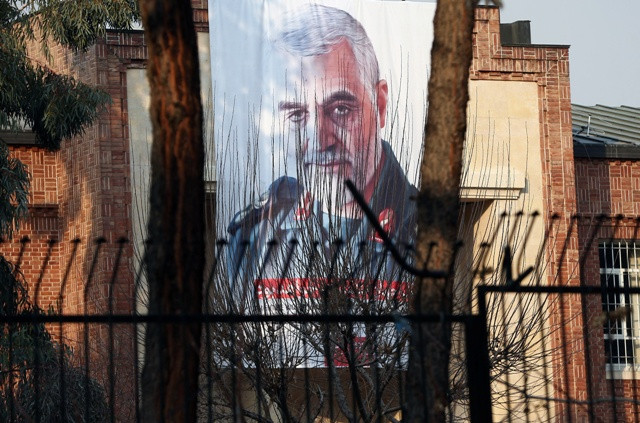The Chinese people are expressing their concerns over compatriots now residing or visiting the United States as tensions soar between Washington and Iran. Fears of another world war sparked after US President Donald Trump ordered the killing of top Iranian commander Qasem Soleimani.
The international observers viewed the US' move as another act of dragging the world into another war. Most especially that Iran vowed retaliation with its most recent move of striking US bases in Iraq with dozens of ballistic missiles.
The Chinese embassy in the U.S. issued safety warning promptly, encouraging Chinese citizens in Washington to observe vigilance. The embassy reminded Chinese in the US to continuously monitor the situation, follow updates, and take safety precautions accordingly. The office also advised being cautious when in public places.
In case of immediate threat, Chinese citizens are advised to contact the embassy or seek refuge from the local consulate.
The US Federal Aviation Administration restricted civilian planes from flying the airspace over Iraq, Iran, and the waters of the Persian Gulf and the Gulf of Oman following the Iranian strike of US bases in Iraq.
Singapore Airlines has diverted all flights in and out of Europe, also avoiding the Iranian airspace. The national carrier of Singapore said it would closely monitor the situation and adjust more routes accordingly.
Since the killing of Soleimani, China is actively calling for all parties to observe restraint. The calls, however, fall on deaf ears.
The latest escalation was Iran firing more than a dozen ballistic missiles against US bases in Iraq. Pentagon confirmed the attack on Tuesday evening. At least six of those missiles struck the al-Asad airbase in western Iraq. President Trump said he would not issue a statement until the situation is properly assessed. Still, officials are on close monitoring of the escalations.
Two of the ballistic missiles hit two separate areas in Erbil. The first missile exploded inside the perimeter of Erbil International Airport. The second missile landed west of the city of Erbil. Fortunately, there have been no reports of casualties.
Iranian foreign minister Mohammad Javad Zarif said that his country does not seek an escalation of the would-be war. He explained that the attack is within Article 51 of the UN Charter, making the strikes an act of self-defense against the base where Iran's citizens and senior officials were killed.
Elsewhere in the world, different governments are calling for de-escalation.





